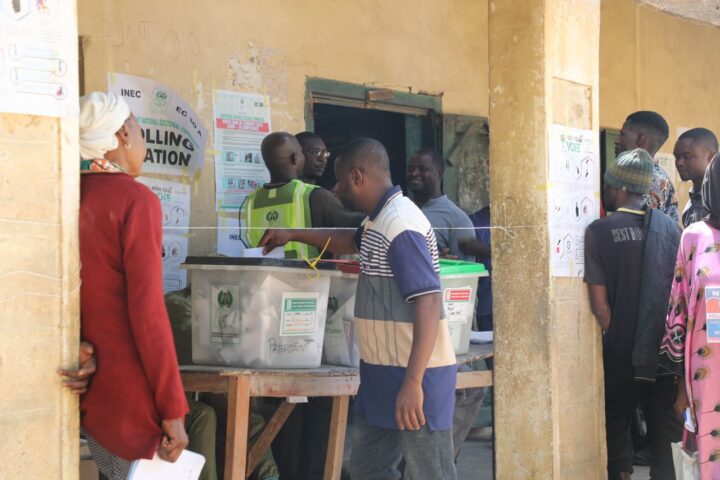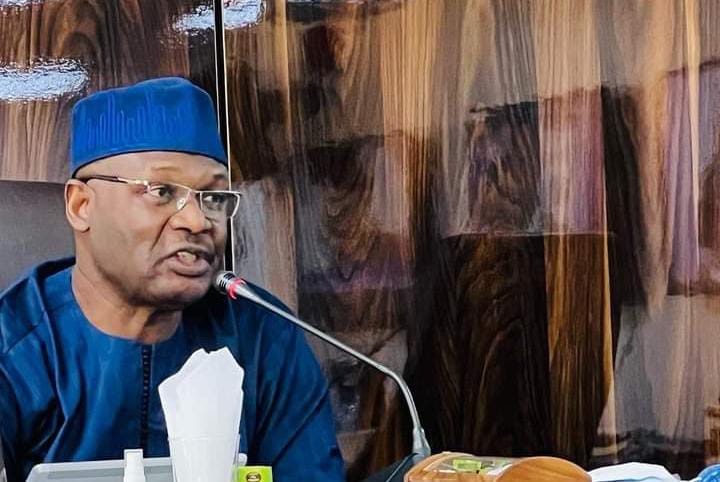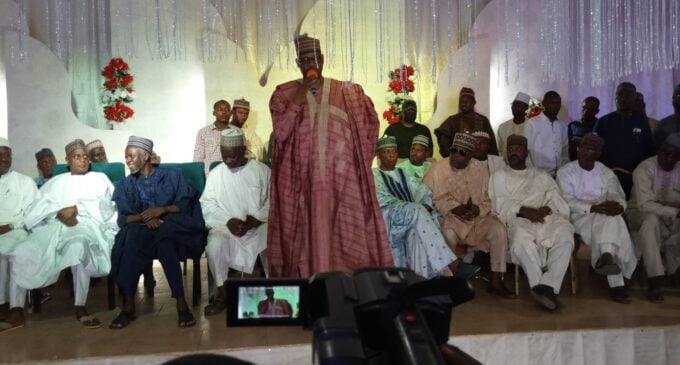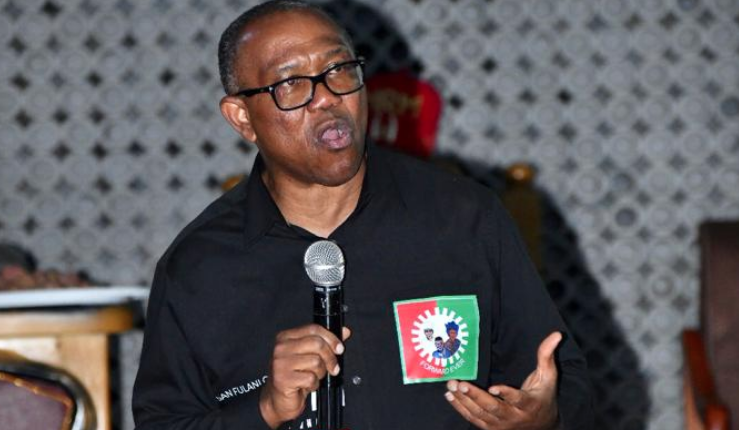Ordinarily, the governorship and state assembly elections are supposed to hold today. But on Wednesday, the Independent National Electoral Commission (INEC) announced the postponement of the election to March 18.
The elections were initially fixed to hold on March 11 across 28 states.
Many Nigerians had waited for the political drama associated with the 2023 elections to come to an end this weekend so that they can fully resume their normal lives, but their expectations were cut short.
The electoral commission said its decision to postpone the elections was due to the delay in the court verdict that allowed INEC to reconfigure the bimodal voter accreditation system (BVAS) ahead of the poll.
Advertisement
Earlier on Wednesday, the court of appeal refused an application by Peter Obi, presidential candidate of the Labour Party (LP), to restrain INEC from reconfiguring BVAS ahead of the governorship and state assembly elections.
Prior to the February 25 election, many stakeholders had predicted that the electoral commission might postpone the presidential and national assembly elections owing to cash crunch and petrol scarcity across the country.
But the commission defied the odds and conducted the presidential and national assembly elections.
Advertisement
It is imperative to note that INEC has the legal backing to postpone elections whenever there are “natural disasters or other emergencies” that threaten the conduct of an election.
Section 24(2) of the Electoral Act of 2022 states: “Where a date has been appointed for the holding of an election, and there is reason to believe that a serious breach of the peace is likely to occur if the election is proceeded with on that date or it is impossible to conduct the elections as a result of natural disasters or other emergencies, the commission may postpone the election and shall in respect of the area, or areas concerned, appoint another date for the holding of the postponed election, provided that such reason for the postponement is cogent and verifiable.”
So far, INEC has postponed elections four times since 2011.
2011 GENERAL ELECTION
Advertisement

Four years ago, INEC, under Attahiru Jega, had moved the April 2, 2011, national assembly election by two days over the late deployment of electoral materials
The commission announced the postponement after voting had started in some parts of the country, including Kaduna, Kebbi, Delta, Lagos, Zamfara, and Enugu.
Later, Jega announced the rescheduling of the entire election process. The national assembly election was moved to April 9; the presidential election was shifted to April 11; and the governorship/house of assembly election was moved to April 26.
Advertisement
2015 GENERAL ELECTION
On February 16, 2015, INEC, under the leadership of Jega, adjusted the timetable for the 2015 general election by six weeks over security concerns.
Advertisement
The 2015 presidential and national assembly elections were shifted from February 14 to March 28, while the governorship and house of assembly elections were shifted to April 11.
“INEC not being a security agency that could by itself guarantee protection for personnel and materials, as well as voters during elections, the commission cannot lightly wave off the advice by the nation’s security chiefs,” Jega had said.
Advertisement
However, many analysts argued that the 2015 election was postponed because the then-ruling party – Peoples Democratic Party (PDP) – was scared of defeat.
2019 GENERAL ELECTION
Advertisement
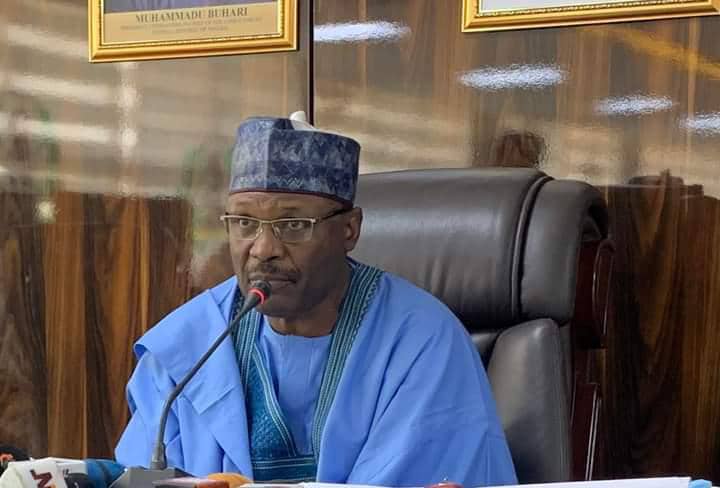
On February 16, 2019, INEC moved the 2019 presidential and national assembly elections to February 23.
Mahmood Yakubu, INEC chairman, announced the postponement of the election some hours before Nigerians were expected to head to the polls for voting.
The governorship and state assembly elections were postponed to March 9, 2019.
The commission postponed the elections owing to the logistics problem it faced in the delivery of election materials to states.
Hence, the postponement of the 2023 governorship and state assembly elections did not come as a surprise to most Nigerians who have observed the electoral process in the country over time.
Add a comment
